What is Bergamot Fruit & its Real Virtue
Perhaps you haven’t heard about bergamot before, but I’m sure you know how it tastes and smells. Lots of products, teas, and liqueurs use bergamot, so you’re for sure familiarized with the aroma; you just didn’t know it.
Here are the answers to what is bergamot fruit, What is bergamot herb, and what is bergamot oil. Most importantly, we’ll talk about bergamot health benefits, how to use it, and why it’s good for you.
To say bergamot is an orange would be an understatement. This is quite a special citrus fruit and deserves to be explained in detail. Let us introduce you to bergamot.
What is Bergamot Fruit, Bergamot Oil & Bergamot Herb
What is bergamot? Bergamots are citrus fruits. They’re roughly the size of an orange and have a thick yellow-green peel. Genetics tells us that bergamot is an ancient cross between a lemon and the bitter orange.
The name oddly means the ‘prince’s pear,’ probably for the large bump that sometimes gives bergamot a pear shape. Interestingly, 90% of the world’s bergamot oranges are grown in Calabria, Italy, but the relation between the northern city of Bergamo and the fruit remains unclear.
Bergamot is not the easiest fruit to eat. It’s less sour than a lime and less sweet than an orange, it’s more bitter than a grapefruit but more aromatic than all three combined. That’s bergamot’s real virtue, the fragrant oil trapped in the fruit’s peel or rind. It has endless uses in the food, drink, and even the cosmetic industry.
Bergamot oil is extracted from the fruit’s peels, and it’s used in perfumes, to aromatize pastries and desserts, and as part of the alternative medicine cabinet.
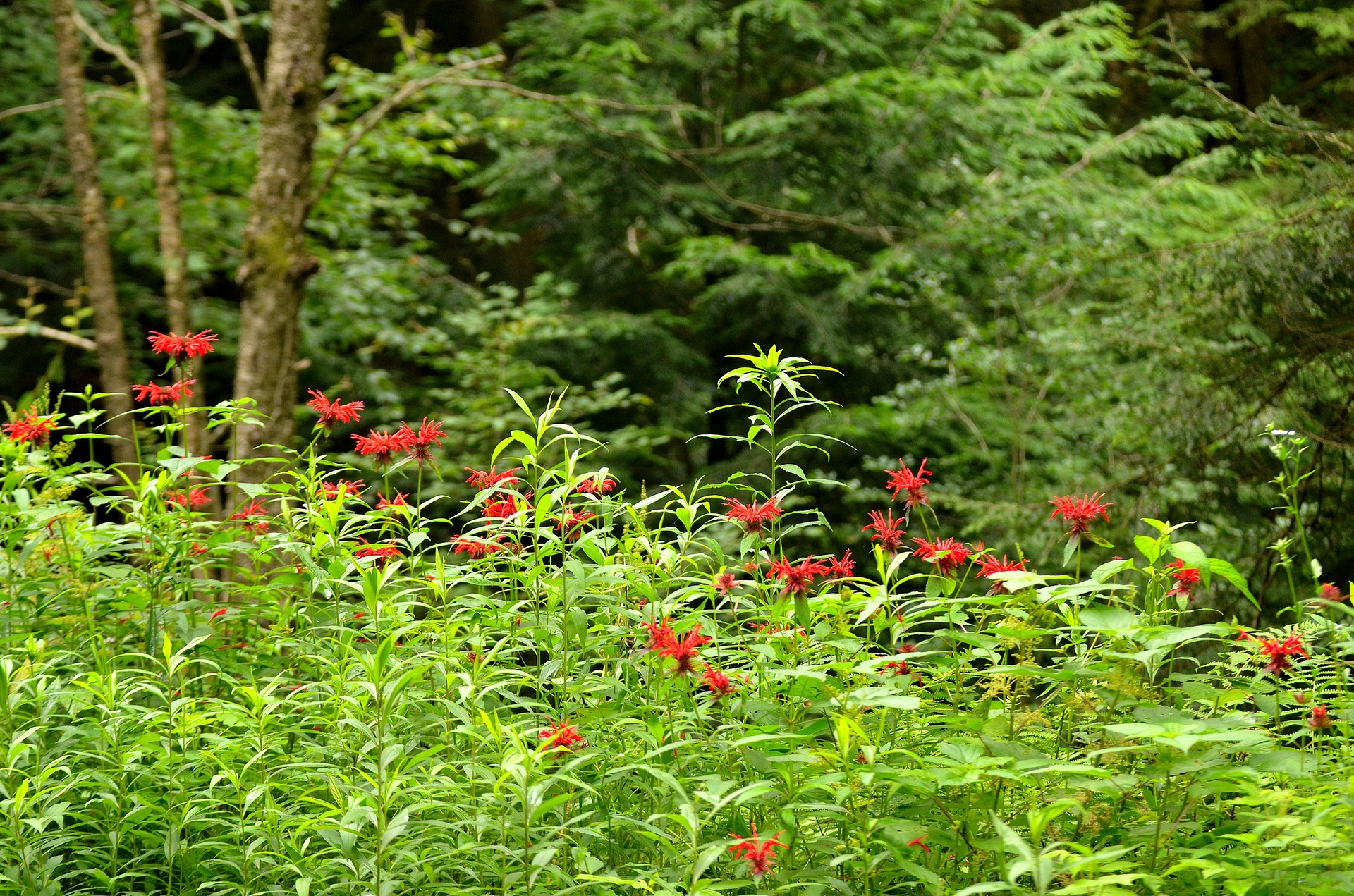
Imagine sweet aromas of oranges and white flowers. And if you’ve ever enjoyed a cup of Earl Grey Tea, you know exactly how bergamot smells and tastes. The black tea is infused with bergamot oil.
What is Bergamot Herb? That’s a great question. There’s a group of flowering plants in the mint family, called Monarda. They’re instantly recognizable for their large purple flowers and their characteristic aroma reminiscent of bergamot oranges.
Limonene, linalyl acetate, and linalool are the most important compounds in bergamot’s oil and are responsible for the fruit’s intense aroma.
Monarda is a medicinal plant native to North America, and it’s the leaves and not the flowers or fruits, which are crushed and used for their valuable oil. Bergamot herbs are not to be confused with bergamot oranges.
Bergamot Health Benefits
Bergamot oil, extracted from the rind of the citrus peel, has exciting health benefits. Here are the most notable.
- Compounds in bergamot have antimicrobial and anti-inflammatory properties. This makes it suitable for treating pimples and acne. It comes as no surprise than bergamot oil is an important ingredient in many toiletries. We should note that bergamot oil can irritate sensitive skin.
- Bergamot oil is also used to treat damaged hair and can hydrate irritate scalps. Applying the oil directly or mixing it with another hair product is the most common way of spreading the essential oil to your hair and scalp.
- As stated by the National Association for Holistic Aromatherapy, bergamot oil is widely used in aromatherapy alone or combined with other oils. Anecdotal evidence points toward relaxing, assisting with anxiety, and stress-relieving properties.
- Perhaps the most critical health benefit in bergamot oil is its capacity to reduce artery-cloying, low-density cholesterol. Flavonoids and polyphenols in bergamot can reduce the risk of heart and liver disease caused by cholesterol.
Uses of Bergamot
As mentioned before, 90% of bergamot comes from Calabria in Italy, but what happens to the fruit is even more interesting. Between 80 and 85% of the fruit is used to extract bergamot oil for tea, cosmetics, candles, and even insecticides.
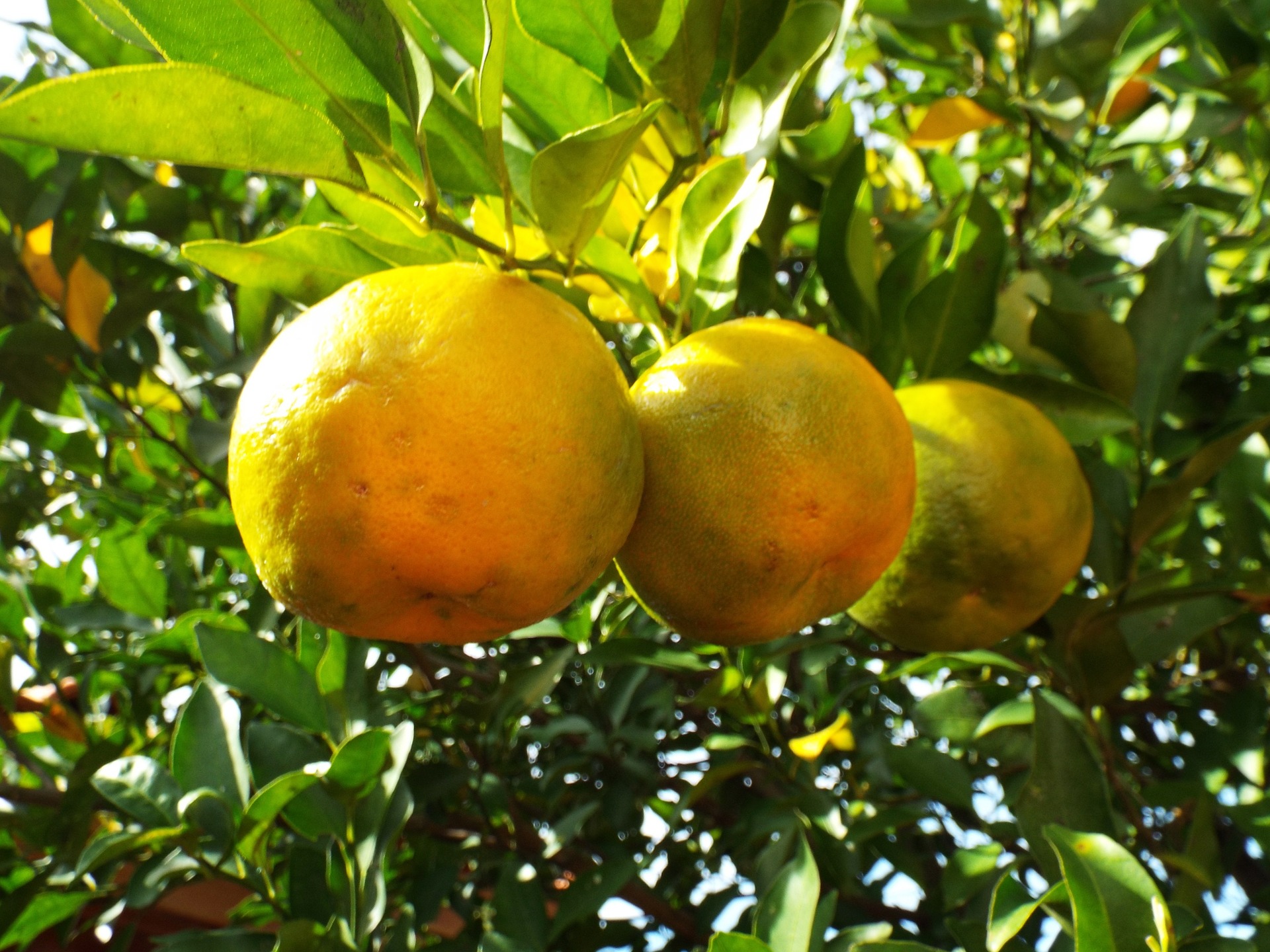
To extract one liter of bergamot oil, manufacturers must process 200 kilos of the fruit. Considering the fruit’s average production is 27,500 tons a year, very little is left for culinary uses, and it’s almost exclusively used to make juice.
Cooking with the bergamot herb, not related to the citrus fruit, is more common, and you can use it as a mint substitute in salads, spring rolls, and other light and fresh dishes.
You can shop for different types of Bergamot products here.
Bergamot Might be In Danger
Although we all know the distinctive aroma of bergamot, whether it’s for our favorite tea or our beauty products, the use of bergamot and bergamot oil is in decline due to the rise of synthetic flavorings.
Still, bergamot will remain the king of citrus fruit, one of the most aromatic citrus in the realm of fruit. The next time you see this rugged fruit on the supermarket, pick a few; the aroma alone is worth buying them.
Highly Rated – Social Media Chatter on Bergamot
Limpias are known to have a positive impact on mental health and they are almost immediate and can be practical and accessible. The plants used in our limpias can also serve to relieve anxiety, stress, and depression and help with clarity and focus among other positive effects. In honor of mental health awareness month, I wanted to feature some of my favorite plants that are extraordinary to support our mental health, as well as accessible ways we can use them to complement and bolster our water and fire limpias.
In curanderismo traditions, it is largely believed that the physiological, mental, and emotional affects plants have on us, parallel the spiritual-energetic. Garlic and chilis, for example, both support the immune system, as well as our subtle energy bodies, so they provide protection on a physical and spiritual-energetic level. The plants I chose to focus on are some of my favorites to support mental health, not just because they are powerhouses, but also because of their scent and accessibility. These plants can be used in the limpia and also ingested as a tea to support the release of unwanted energies and seal the limpia.
Click LINKINBIO to read more.
Story by Erika Buenaflor erika.buenaflor_curandera
learn EVERY single note of Bergamot, including the Plini guest solo at jtc_guitar 🤌🏻 link in bio 🪴 // strandbergguitars daddarioandco bareknucklepickupsofficial stoneageguitarproducts neuraldsp getgooddrums submissionaudio fujifilmuk // #jtc #jtcguitar #strandberg #strandbergguitars #goheadless #plini #lesson #guitarlesson #onlinecourse #pack #fuji #fujifilm #progmetal #prog #bergamot #musicvideo #learntoplay #daddario #getgooddrums #stoneageguitarpicks #submissionaudio #neuraldsp
I remember the first time I saw bee balm, many years ago, my mind got a little bit blown...
(a flower, coming out of a flower, coming out of a flower!?! whaaaat?)
And now, after many years of admiration, I'm learning from this plant teacher, right in my own garden. It feels very good. I am learning lots.
This beautiful perennial (and it's siblings in the Monarda genus) goes by many names - bergamot, bee balm, horsemint, oswego tea... and it comes to us from the cultures and lands of the Blackfoot, Menominee, Ojibwa and Winnebago people of Turtle Island / North America.
This bergamot is NOT the flavouring for your earl grey tea (if that's your thing) - that flavor comes from the bergamot citrus, which is quite a different plant!
This bergamot has many gifts to share with us - the leaves can be used as an antiseptic poultice, or steeped to make a mouthwash - it's also got a clamative effect when you drink the leaves in tea, and a unique flavour all of its own.
Bee balm is beloved by pollinators (including hummingbirds! not that we have any of those here, but I can imagine) and it flowers from it's second year of growth - so if you plant some from seed (and I hope that you do), then be ready to wait awhile.
In the winter, it will nestle down to dormancy (another teachable point, i feel) until the soil warms again.
And then, by late spring, be prepared to have your mind blown, by these gorgeous flower/fireworks - all over again ... x K.
[image: purple flowers of a bergamot plant, stacked one flower above the other on single stems, with a rock wall and garden behind]
#QuollHollow #BeeBalm #Bergamot #OswegoTea #HorseMint
Sources:
- https://www.webmd.com/vitamins/ai/ingredientmono-142/bergamot
- https://www.davidlebovitz.com/what-is-a-bergamot/
- https://www.britannica.com/plant/bergamot
- https://www.twinings.co.uk/about-twinings/latest-news-and-articles/what-is-bergamot
- https://www.healthline.com/health/bergamot-oil
- https://en.wikipedia.org/wiki/Bergamot_orange
- https://en.wikipedia.org/wiki/Bergamot_essential_oil
- https://ifeat.org/wp-content/uploads/2017/12/bergamot_SE_report.pdf
- https://www.newcoventgardenmarket.com/blog/chefs-guide-bergamot
- https://naha.org/explore-aromatherapy/safety

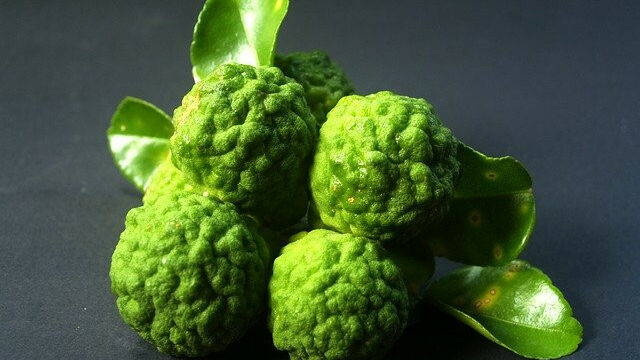

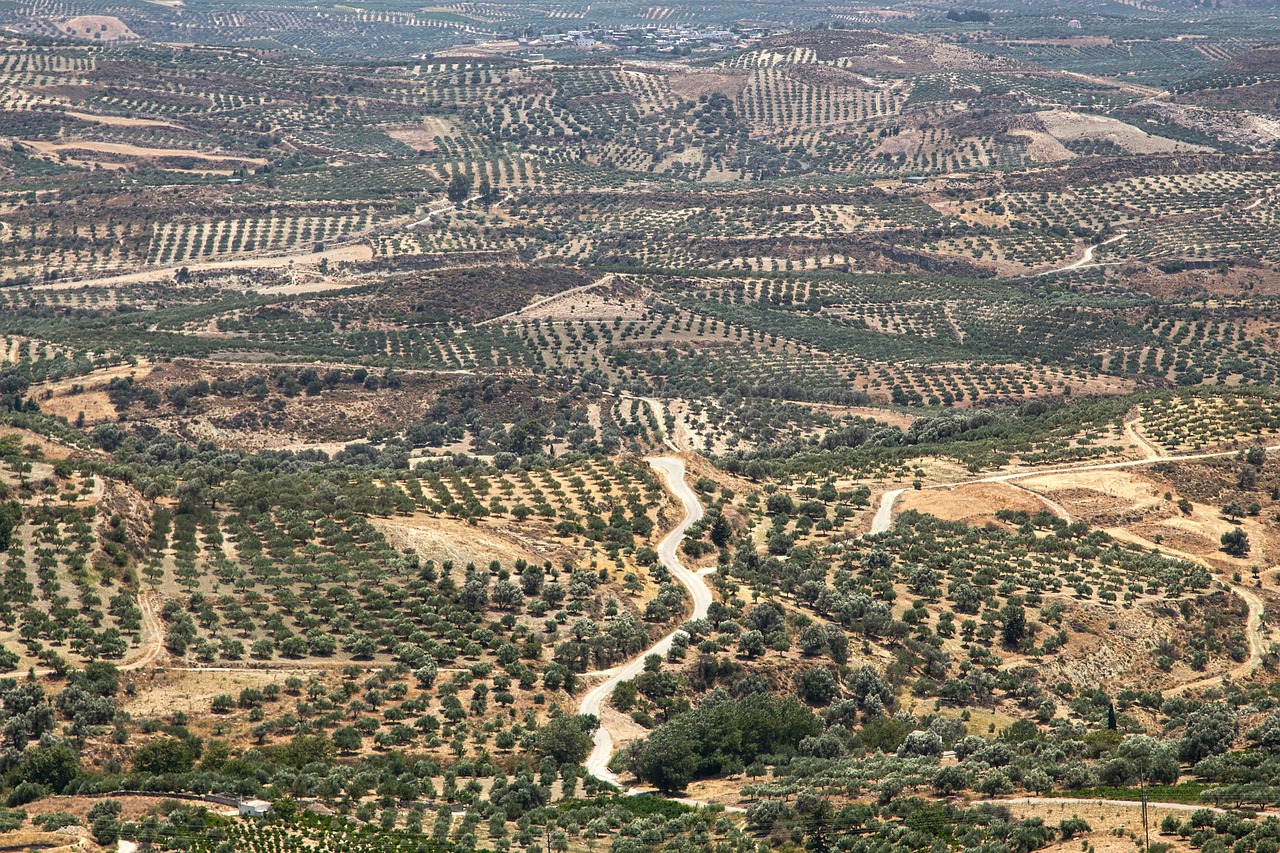
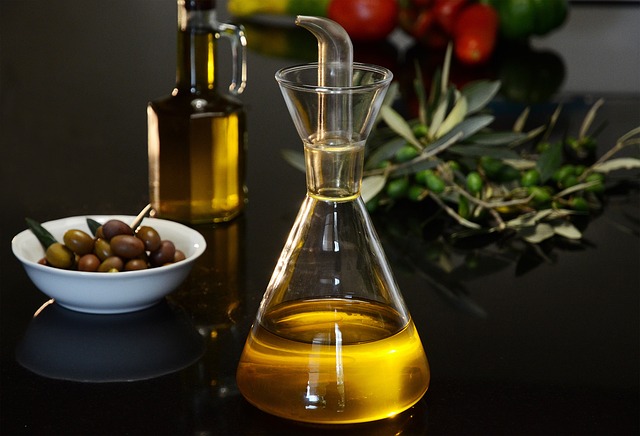
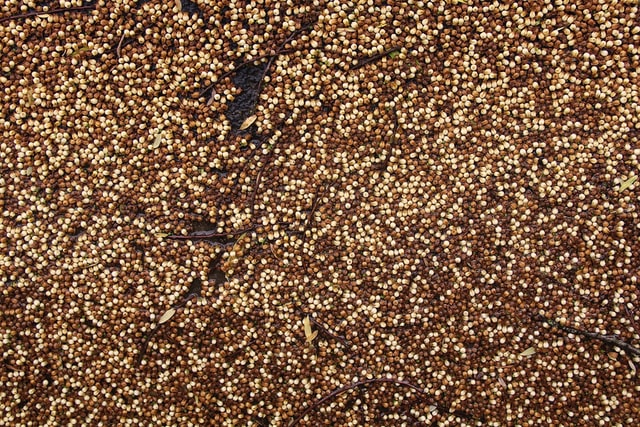
Can the fruit grow in cold regions? Great article it was my first time reading about the fruit. Can one easily grow the fruit in one’s backyard? I am a fan of citrus. I even go beyond to explore many citrus cocktails. Citrus is really refreshing, especially in hot summer days. I would like to try this fruit. Based on the review, I will not go wrong.
Thank you much, Ezra
Hey Jeremy,
We have these citrus in my hometown, but I did not know its name. This is even my first time reading about bergamot. We knew it belongs to the citrus family and so we just call it orange and describe it the way you said it: “less sour than a lime and less sweet than an orange; more bitter than a grapefruit but more aromatic than all three combined”
I personally applied its juice and peel oil for my scalp to get rid of dandruff. I learned this from friends who have been using this method. They also rub on their armpits, knees, and elbows to remove dark spots.
Thanks for introducing Bergamot.
Have a great week and stay safe,
Chuna